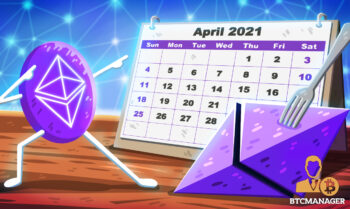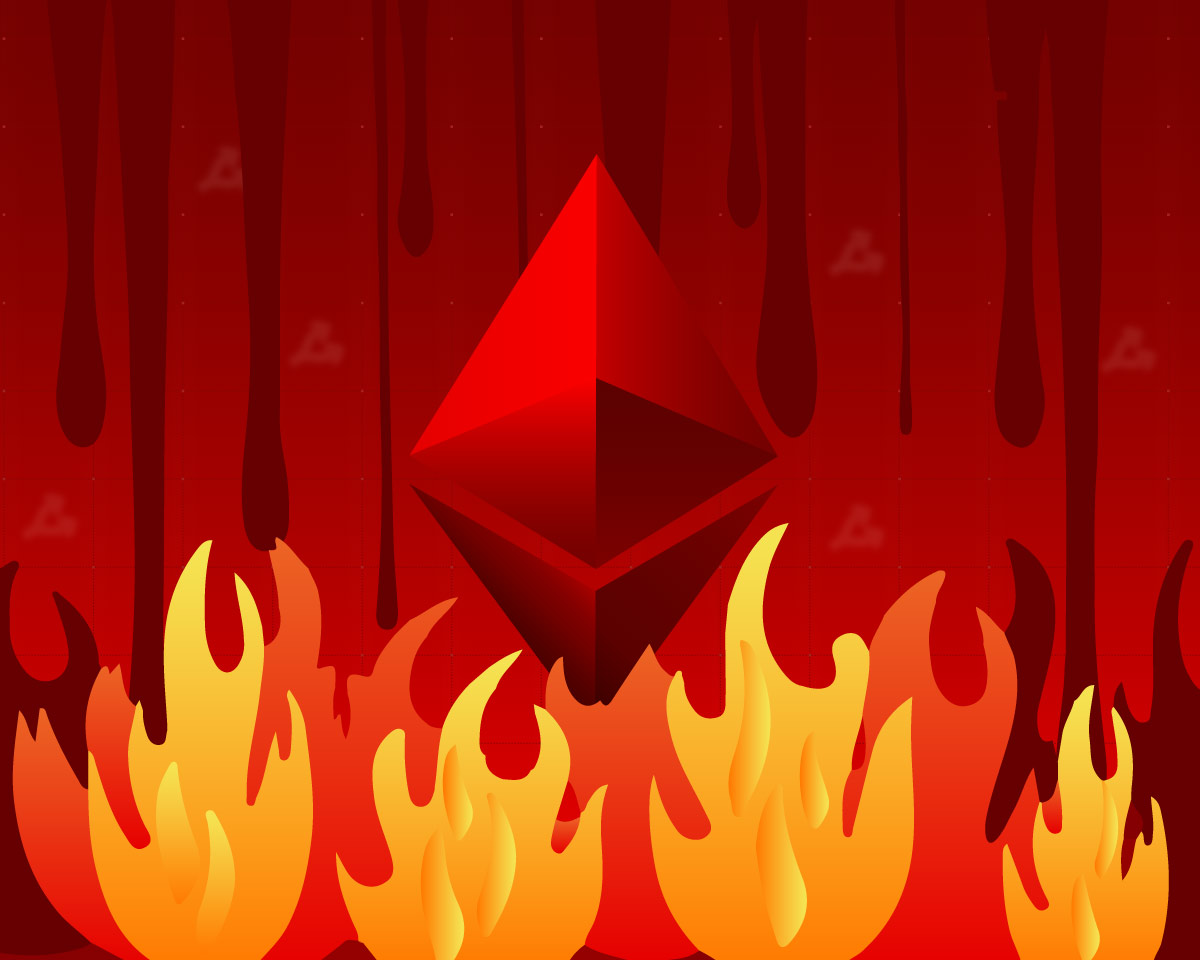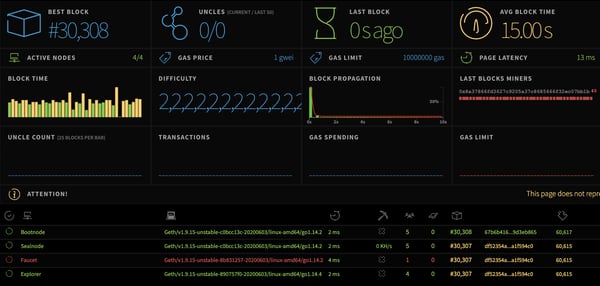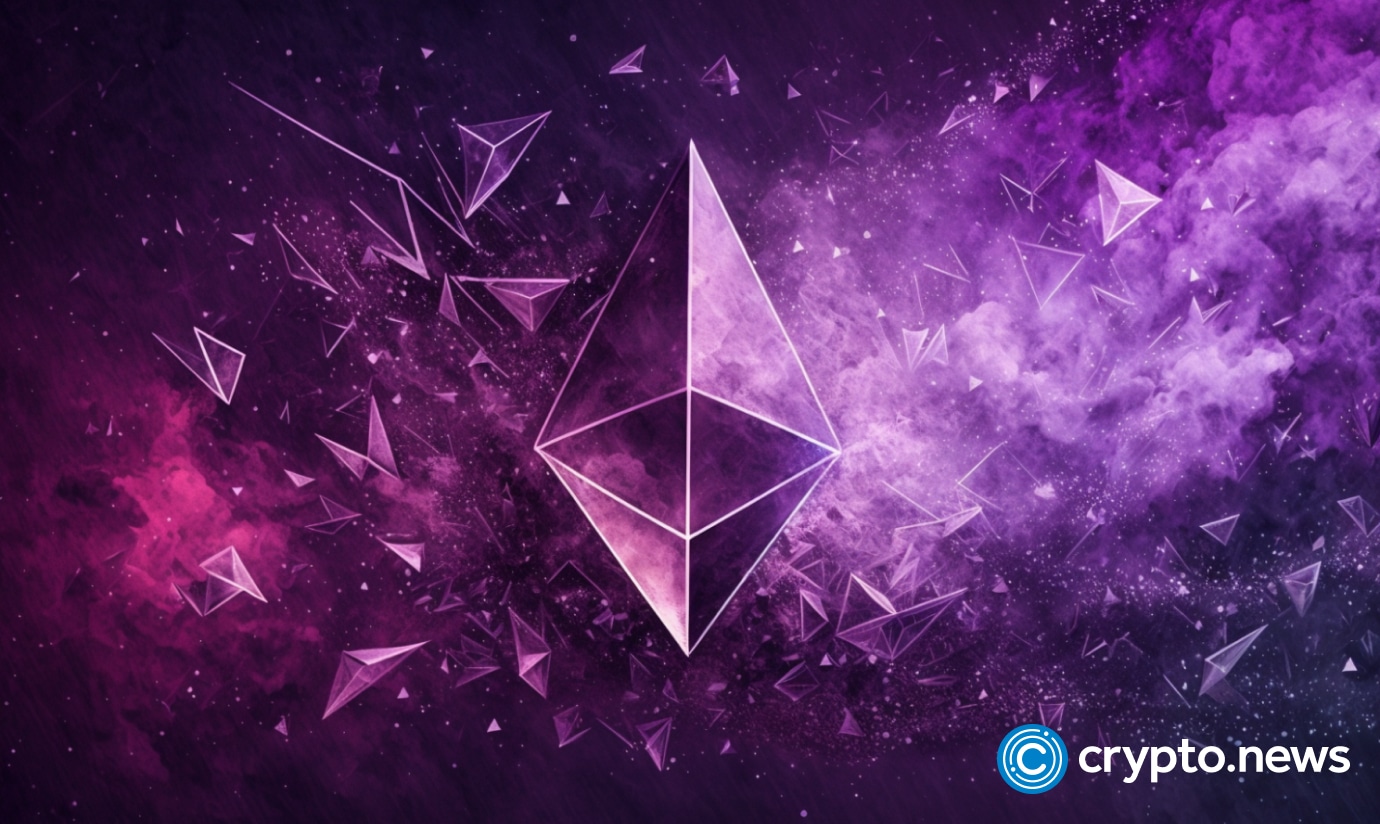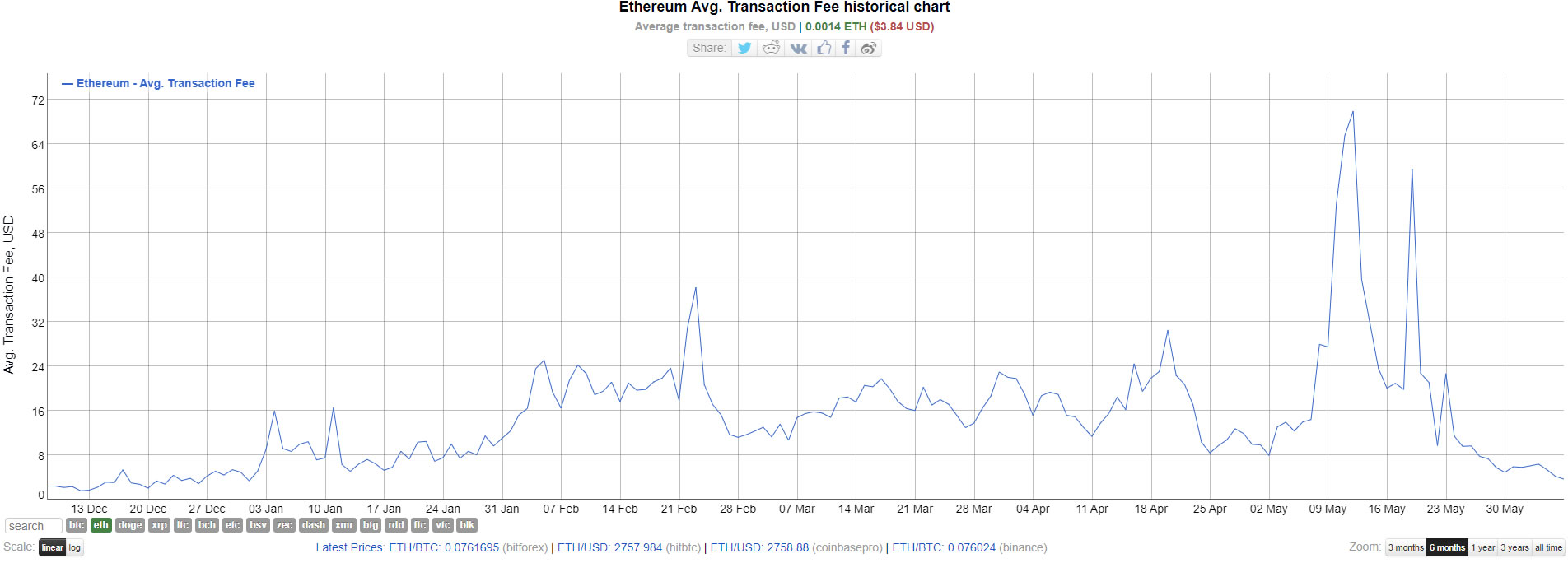2021-4-13 18:00 |
The Ethereum Berlin upgrade goes live on April 14. This is the first update since Istanbul 15 months ago.
The update comes at a time when the price of ethereum (ETH) is relatively stable, hovering around $2,000 over the past weeks, and the amount of staked ETH reaches over $6 billion.
Traffic, Congestion, and GasDecentralized finance (DeFi) and non-fungible tokens (NFTs) have been on everyone’s minds and in everyone’s wallets for the better part of the year.
This was great for all of the project’s building on the ERC20 and ERC710 standard. However, users found themselves battered by jaw-dropping fees and sluggish transaction times. The Ethereum network needed to rise to the needs of its growing user base. Enter the Berlin upgrade.
Berlin seeks to provide answers to increased fees and complex transaction processes through this Ethereum improvement proposal (EIP).
Gas prices were high due to the double-edged sword of Ethereum’s increasing price point and the ever-growing demand for assets on the network.
In late February, transaction fee averages reached almost $40, which was an all-time high. Yet, rates even half that amount are burdensome for developers and those seeking to perform small-scale transactions.
High fees are a two-sided problem. Primarily, it inhibits individuals from transacting on Ethereum. The so-called “world computer” is useless if no one can afford to use it.
Furthermore, it makes building on Ethereum less attractive for new startups looking to build out a robust customer base. These high fees are an issue that the network needs to solve to maintain its position as the king of altcoins.
The rise in NFTs has made this issue all the more critical. Traffic and congestion on the Ethereum blockchain are likely to remain an issue until some viable scaling is accomplished.
While community members are looking forward to an update that solves these challenges, analysts wonder if Berlin is a long term solution to wicked problems in the run-up to ETH2.
However, it’s uncertain whether the transition over to proof-of-stake and ETH2 be worth the wait. Meanwhile, other developers like Cardano already have functioning proof-of-stake networks with minimal transaction fees.
What is the Ethereum Berlin upgrade?The Berlin upgrade will feature a total of four protocols. Each of these aims to conquer some of the pervasive challenges in the Ethereum ecosystem.
Some of the protocols to be released in the April upgrade include:
EIP-2565 = reduce the cost of the ModExp precompile. This will help calculate the gas prices.EIP-2929 = will ‘increase’ certain gas costs when used for the first time in a transaction.EIP-2718 = will introduce a new transaction module that will support multiple transactions.EIP-2930 = will transaction type with optional access lists. This particular EIP will help alleviate some of the newly imposed gas prices from EIP-2929.Node operators were told they needed to upgrade to Berlin-compatible nodes by April 7, or risk operating on an outdated network. Fortunately, the regular user base, wallets and exchanges will not have to take any action to ensure that they are a part of Berlin.
Platforms such as Ethernodes keep track of exchanges who have announced that they’ve made the upgrade to Berlin, though most have provided no information.
The Berlin upgrade is a step towards the Ethereum Foundation’s ethereum 2.0 metamorphosis, with its main new component being a complete change to the way the network processes transaction fees.
Instead of having the fee sent to the miners, the fee will be sent to the network and be burned. In turn, this will reduce the supply of ether, which remains a controversy among the community in general, and the miners specifically.
Unhappy MinersParticularly irksome to the mining community is that reward ratios on the Ethereum blockchain are anticipated to be slashed by up to 50%. This is incredibly taxing for community members. In addition, they are instrumental to the function of the blockchain. For ethereum to continue its growth, it must not only attract new developers but sustainable mining.
The well-known mining group SparkPool took to Twitter to publicly take a stance against the new EIP-1559. The EIP-1559 is scheduled for release in July of this year as part of the London upgrade.
With the many hurdles the Ethereum network has faced since the Istanbul upgrade, Berlin is a long-awaited step forward. However, as the demand for altcoins, NFTs, and DeFi skyrockets, it remains to be seen how this upgrade will make these transactions run more smoothly and if gas prices will come down.
The post Ethereum Berlin Upgrade Includes Fixes to Tackle Gas Price Problem appeared first on BeInCrypto.
origin »Bitcoin price in Telegram @btc_price_every_hour
Ethereum (ETH) на Currencies.ru
|
|


